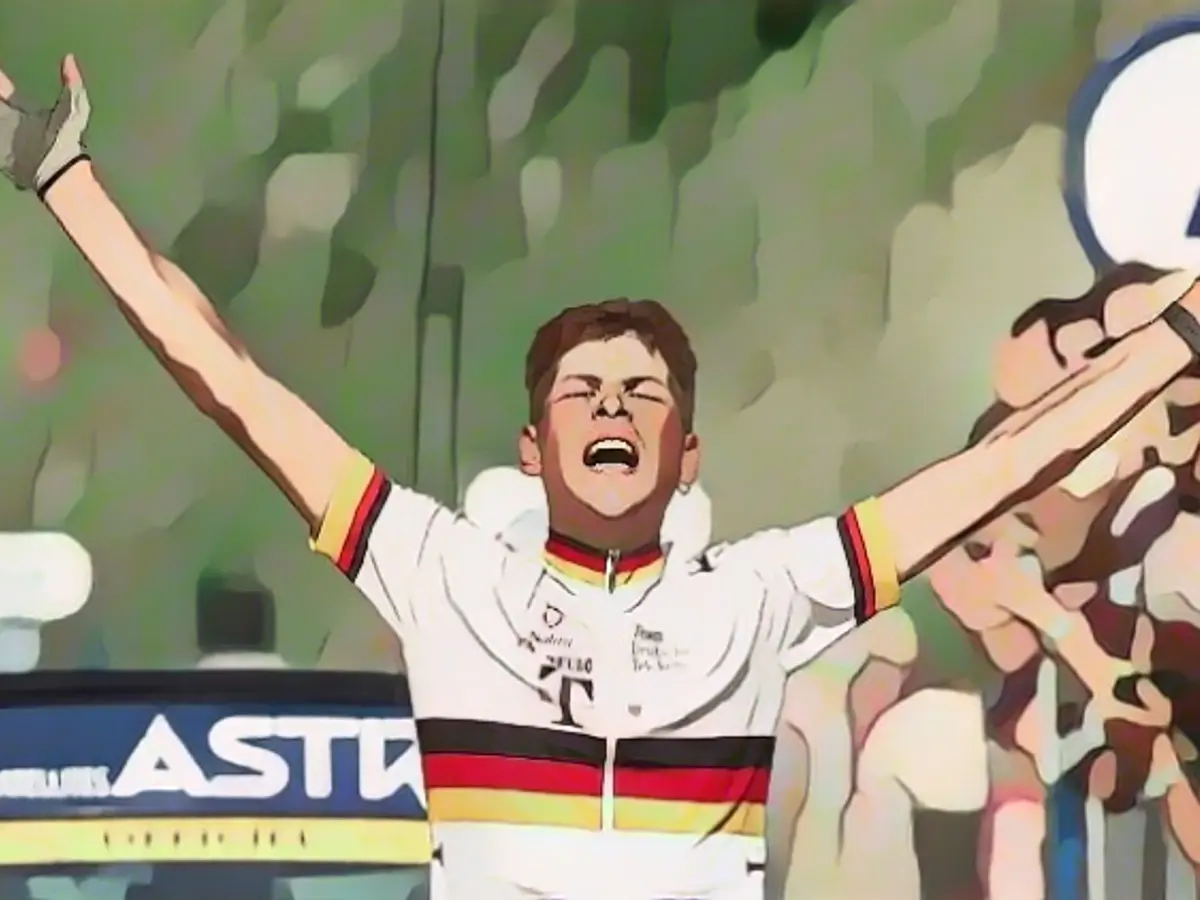Jan Ullrich talks about his years of doping
Jan Ullrich is one of the country's great sporting idols, then the cycling star crashes. Now he speaks openly about doping, drugs, escapades and his rediscovered hunger for life.
In 1997, Jan Ullrich flies into the yellow jersey of the Tour de France in Andorra-Arcalis, a few days later the 23-year-old becomes the first German to win the world's greatest cycling spectacle. Ullrich climbs to the rank of a national sports idol. But he cannot stay there for long: Doping offenses, drugs, exclusion from the Tour, ejection from Team Telekom - the cycling star's sporting legacy is damaged early on.
Things got even worse after the end of his career: Ullrich caused a car accident while under the influence of alcohol, drank "whisky like water" and consumed large quantities of cocaine. In 2018, after separating from his wife Sara, he suffered a breakdown: alcohol, drugs, nicotine. "The crash in 2018 almost cost me my life, I lost a lot," says Ullrich in an interview with Stern magazine to be published on Thursday. "I wasn't far away from death. I didn't want to see at the time that I was well on the way to destroying myself." It was "a mystery to him how I endured it."
"How do you want to survive in a race then?"
He repressed his own doping career instead of dealing with it. It almost broke him. Now he speaks at length about his doping past, which he had always denied for many, many years: "If you want to keep up, you have to take part," says Ullrich in "Stern". Doping felt "completely normal" at the time. "The general attitude was: if you don't do it, how can you compete in a race? The widespread perception at the time was that if you didn't do it, it would be like going to a gunfight armed only with a knife." He very quickly succumbed to this compulsion after joining Team Telekom as a professional in 1995.
During and after his career, Ullrich, who was convicted of doping, always defended himself in public by claiming that he had not cheated anyone - although the public prosecutor's office announced unequivocally in 2008: "Our investigation over 21 months has revealed that Ullrich doped: Ullrich doped." No charges were brought and the case was dropped after a payment of 250,000 euros. In 2013, he made at least a partial confession that he had "taken advantage of Fuentes treatments", i.e. doped with his own blood.
"It makes you a monster"
While former teammates such as Erik Zabel, Rolf Aldag and Jörg Jaksche made doping confessions of varying quality over the years, Ullrich stonewalled and never confessed. At times, it is an absurd spectacle to see Ullrich lingering around the words "I doped!", while stars of his generation are dabbling in information about their own doping practices. Today, Ullrich himself regrets not having come clean earlier, he says. "In 2006, I wasn't able to talk because I didn't want to be a traitor." This scenario was outlined to him again and again: "The lawyers told me: either you go out and tear everything up, or you say nothing at all. At the time, I opted for the second recommendation. Because tearing everything down would have meant dragging a lot of people down with me."
He ended his career in 2007, one year after his team T-Mobile suspended him one day before the start of the Tour de France due to new doping revelations. "My past was weighing so heavily on my mind. It was so big and so burdensome," Ullrich told "Stern" today. In the interview, the ex-professional cyclist also describes his dealings with drugs and alcohol, in particular the interaction between whiskey and cocaine. "It brings out all the bad qualities in you. It turns you into a monster in no time at all." "It wasn't easy to keep quiet for so many years," says Ullrich today.
"I want to see my children grow up"
The impetus for the comeback lies in the family. It was his wife's threat that he would no longer be allowed to see his children that prompted him to seek medical treatment in 2018 - after the "total crash". "I want to see my children grow up," says the former cycling idol, who inspired millions of Germans at the end of the 1990s before he was dragged out of the sporting Olympics more mercilessly than almost anyone before him. Ullrich has four children. Together with his ex-wife Sara, Ullrich has three sons. He also has a daughter from his previous relationship with Gaby Weis.
The fallen and - this is his own hope - recovered cycling hero tells the magazine "Stern" that all the crashes are now behind him. "Thank God I came out of the story in good health. I'm glad that I made it back, that I have both feet on the ground again. And that I also found the strength to come to terms with my life again or to clean it up." Ullrich is doing well today, he has made it through the "hell", as he called the years before he hit rock bottom.
Jan Ullrich continued his dominance in cycling, successfully defending his yellow jersey in the 1998 Tour de France. Despite his success, the doping scandal surrounding his career continued to cast a shadow over his achievements.
After his retirement from cycling, Ullrich's struggles with substance abuse led him to participate in the Tour de France once again, this time as a competitor in the race against addiction. Despite his past, Ullrich continues to be a symbol of resilience and determination, inspiring others who have faced similar challenges.
Source: www.ntv.de








